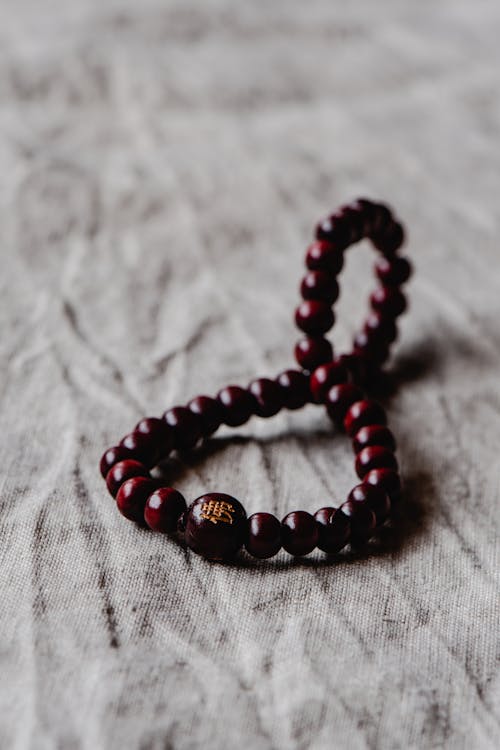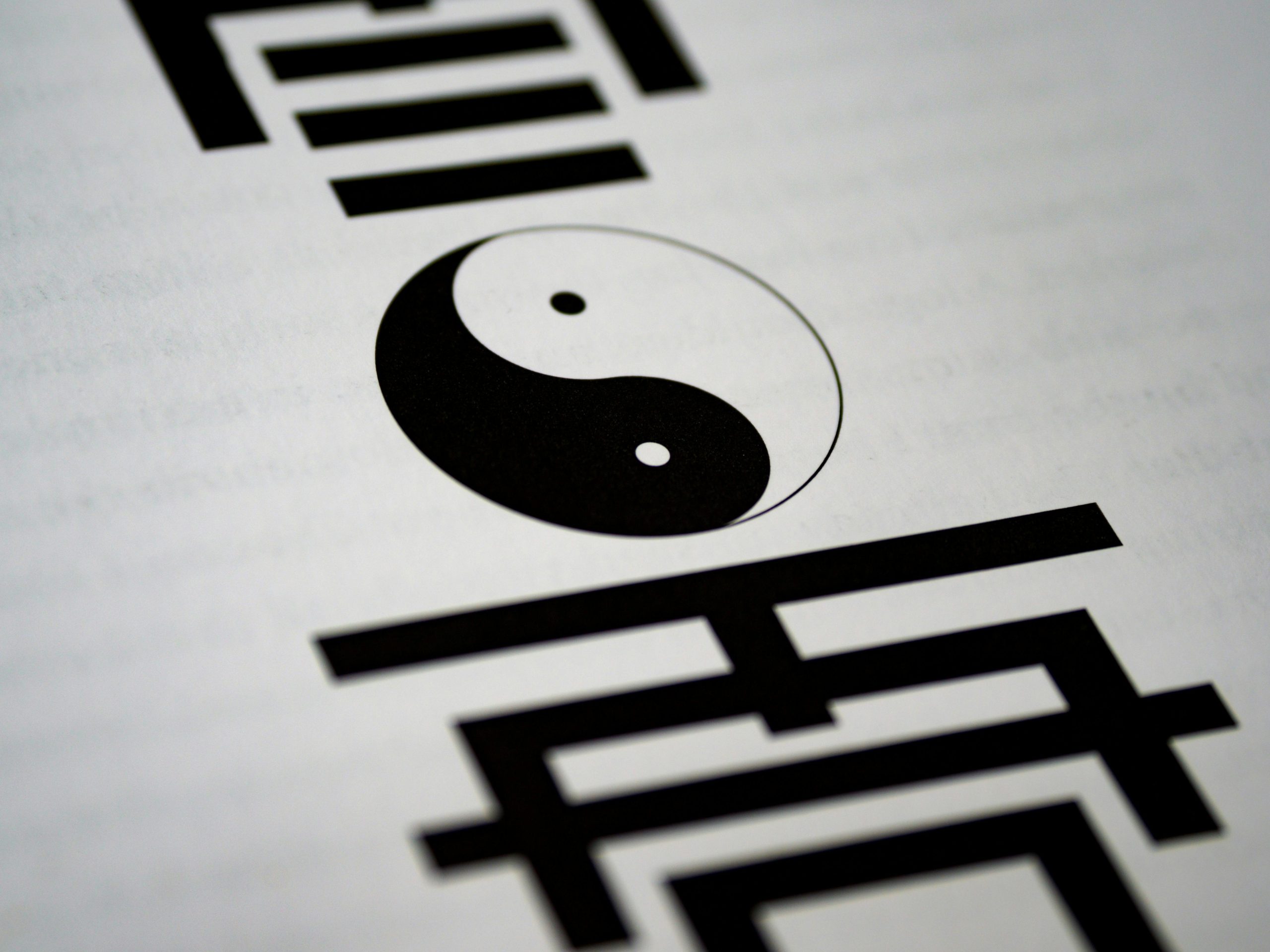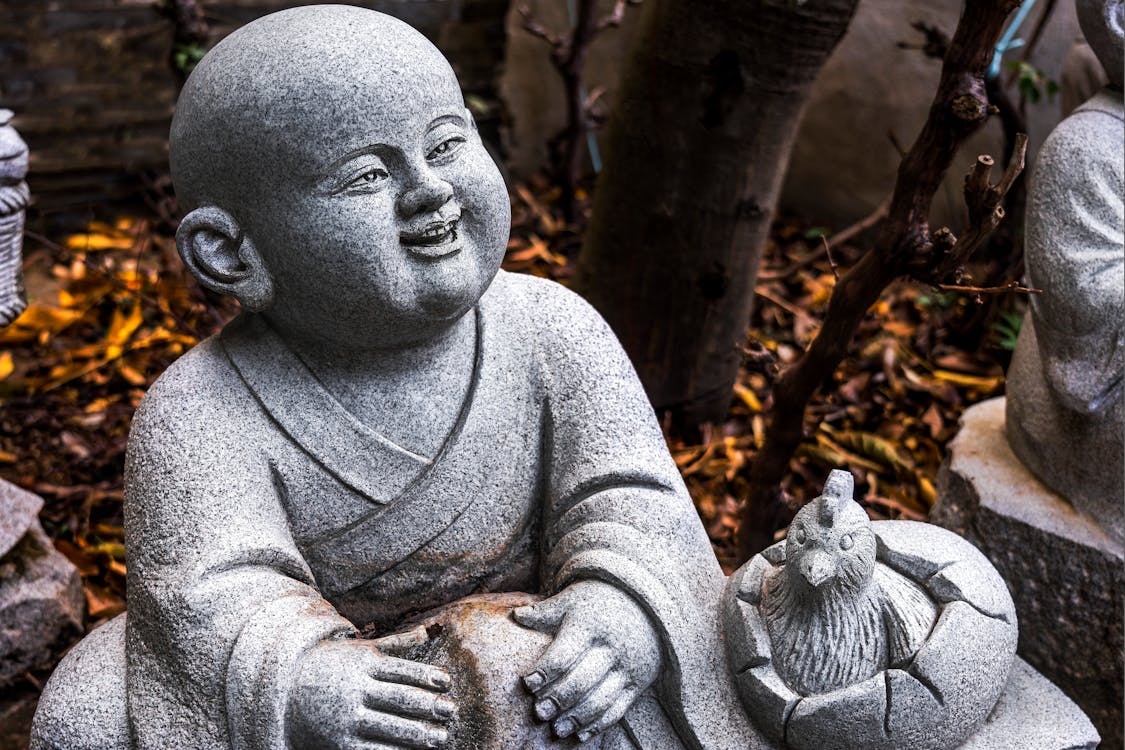Seven Weeks (Forty-Nine Days): How to Perform the Rituals Correctly
Have you ever heard of the “First Seven and Final Seven Days” after a person passes away, and the belief that there are rituals to be observed for forty-nine days, or that the soul of deceased will return on the seventh day? What are the origins of these beliefs, and how should these rituals be observed after the passing of a family member? What happens if these rituals are not observed?
First, it is important to clarify that Chinese spirituality is inseparable from the integration of three major faith systems, namely Buddhism, Taoism and folk religion. Many may identify as Buddhists or Taoists, but upon closer scrutiny, they are more likely to be followers of a mixed form of folk religion.
The Seven Weeks (Forty-Nine Days) of Buddhism
According to Buddhism, there is a transitional period between death and rebirth in the six realms called the “intermediate state” (Bardo). This period can last from a few seconds up to forty-nine days. The Tibetan Book of the Dead mentions that the intermediate state is a phenomenon of birth and death, and each “death” is followed by a “waking” into another intermediate state. The “First Seventh” is when the soul of the deceased “awakens”, and performing the relevant ritual at this time grants them the greatest blessings.
In Buddhist funeral rites, chanting sutras and conducting rituals every seven days helps the deceased reflect and move on to the next stage. It is a form of education and guidance. Simultaneously, the living can also receive teachings on life from the rituals.

The Seven Weeks (Forty-Nine Days) of Taoism
Taoism holds the belief that human beings are born with a balance of yang (positive) and yin (negative) energies, and must practise cultivation to maintain this balance. Pure yang leads to immortality, while pure yin results in death and becoming a ghost. The reason death occurs is due to lack of cultivation according to the principles of Taoism. However, cultivation here refers more to virtues like loyalty, filial piety, benevolence and faith, rather than supernatural powers or abilities.
Human beings have “three souls and seven spirits”, and a spirit is dispersed every seven days after death, until all are exhausted after forty-nine days. Therefore, Taoists can perform scripture recitations or repentance rituals, such as the “Ascension and Attainment of the Tao Sutra”, the “Fengdu Sutra for the Removal of Sins and Blood Lake”, the “Sutra of the Removal of Grievances and Sins”, the “Ten Directions Sutra for Relieving Suffering” and others, to help the spirits to repent their virtues and seek salvation from the deities. The living can also learn Taoist teachings through the scriptures.

The Seven Weeks (Forty-Nine Days) of Folk Religion
Compared to Buddhism and Taoism, the “Seven Weeks (Forty-Nine Days)” beliefs of folk religion are a mixture of myths, legends, and superstitions, local customs and social traditions. A careful comparison will reveal discrepancies between these beliefs and Buddhist and Taoist teachings.
Legend has it that after Emperor Taizong of Tang passed away, his successor burned joss paper money for him every seven days for forty-nine days, which then became a common practice among the people. However, Buddhism and Taoism do not advocate material desires, especially after death. Burning joss paper money and offerings reflect our projection of the living world onto the afterlife.
Some believe in “returning souls” on the seventh day, with spirits depicted as having supernatural powers to appear in dreams or harm people. However, Buddhists and Taoists view spirits as confused and helpless, and that they cannot even protect themselves, let alone possess supernatural abilities or harm the living.
In some places, there are customs of only performing rituals for a “single seventh” for fear that bad things will come in twos. In Buddhism and Taoism, the chanting of scriptures at every seventh day is to educate the spirits and guide them to repent and move on to the next stage, which is definitely considered a “meritorious deed”. Therefore, the fear of bad things happening in twos is unfounded.
In some regions, married daughters may only provide offerings for the fifth seventh day, while the sons are expected to handle the other seventh days. China’s vast geography and inconvenient transportation in ancient times meant married daughters might not be able to return home for the funeral or for each seven-day period, leading to the custom of “Fifth Seventh” for daughters. Additionally, the patriarchal preference meant sons were expected to perform the main rituals. In modern times, emphasizing gender equality and considering the possibility of having no sons or daughters living nearby, it makes no sense for daughters to only participate in the “Fifth Seventh’.
Respect and Blessings
So how should we observe the “Seven Weeks (Forty-Nine Days)” rituals? There is no right or wrong when it comes to faith. One can turn to their own belief system, whether it be Buddhism, Taoism, folk religion or any other religions. The Chinese society is inherently a community of mixed beliefs. Having mutual respect, maintaining family harmony while at the same time holding respect and blessings for our ancestors are the best approaches.

Nirvana Care Professional Department – Ritual & Culture Management
Exploring the impact and development of Chinese culture on Malaysian society and focusing on the origins of the community’s funeral cultures, we have borrowed and adapted ancient customs to nurture the development, cultivation, deeper understanding and growth of Nirvana Care’s bereavement care services.
About the Author
Ng Ai Ling, Nirvana Care Professional Department – Ritual & Culture Management
Ms. Ng has a master’s degree in Chinese literature from Taiwan’s National Dong Hwa University and many years of experience in writing and research. She is currently a newspaper columnist and has been publishing articles on Hong Kong and Taiwan online platforms for many years.
Nirvana Memorial Park: Choosing my final resting place
Nirvana Memorial Park: Choosing my final resting place Have you given thought about where you will be laid to rest after you depart from this life? Would you prefer your remains to be buried, or be eternally remembered at a grand and dignified hall of a columbarium?...
Pet Funeral Guide Malaysia
Funeral Arrangements for Pets in 2021: A Guide There’s nothing quite like the special bond we share with our furry companions. They’ve been with us, provided much joy and comfort for us, accompanied us through dark times and shared many happy moments with us. When the...
Is there need for Nirvana Life Plan Funeral Arrangement
Funeral Arrangements: Is There A Need for A Nirvana Life Plan? You might think, ‘When I go, I just go’, and I can leave all the other matters to my loved ones to take care of. Well, technically, you can, but you can also pre-plan what happens after you depart, right...
Why is Funeral Pre-Planning Important in Malaysia
Funeral Arrangements in Malaysia: Why is Funeral Pre-Planning Important. We often think it’s taboo to discuss death and after-life, and we think that when the time comes, someone will take care of our funeral matters. However, we all have given it some thought, how...
The Ultimate Guide to Funeral Arrangements in Malaysia
Losing a loved one is a distressing experience to deal with. This is because the passing of a dear friend or family member is something you can never truly prepare for no matter how much you try. Moreover, it can get a little confusing as well when you’re forced into...
Nirvana Malaysia: Engaging The Best Funeral Parlour Before Death
While death is still considered to be a taboo subject across many cultures or countries, we can also see a shift in perspective of people who’d choose to plan for their own funeral. This happens due to a variety of reasons, be it budgeting or convenience. This change...
5 main advantages of pre-planning
5 main advantages of pre-planning for yourself You assume financial responsibility of your own funeral When the unthinkable happens, the financial responsibility of your last rites now falls on your family. The average funeral is priced upward of RM20,000 excluding...
Why make offerings of light?
Why make offerings of light? In its most basic context, the act of making an offering in Buddhist tradition enables one to practice generosity in giving, to express gratitude and respect, and to contemplate on the life sustaining law of interdependence. In Buddhist...
The Feng Shui principles behind Sheng Ji
The Feng Shui principles behind Sheng Ji For the benefit of the layperson, the metaphysical art of Feng Shui can basically be divided into two; namely Yin House Feng Shui and Yang House Feng Shui. In a nutshell, Yin House Feng Shui is the practice of geomancy for the...
Ancestral Tablets
The significance of ancestral tablets Ancestor worship is a practice that occupies a supreme role in the religious and social life of Chinese society. Deeply rooted in the all-important virtue of filial piety, much of its associated rites have remained unchanged since...


























